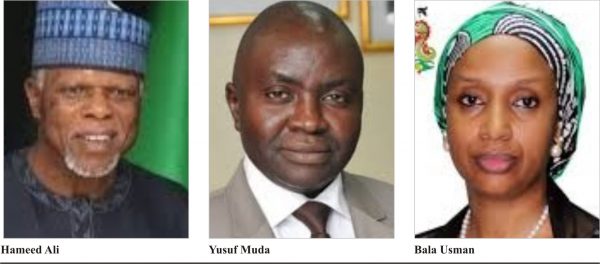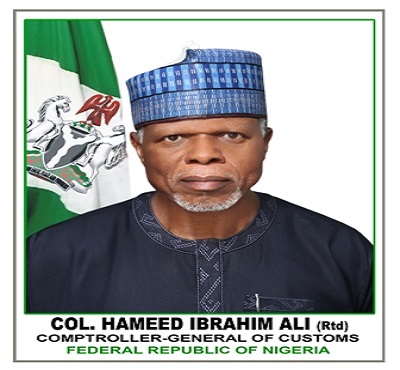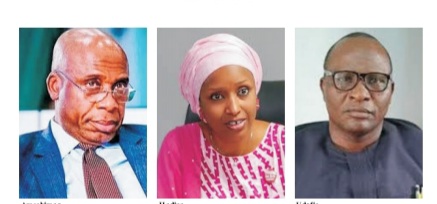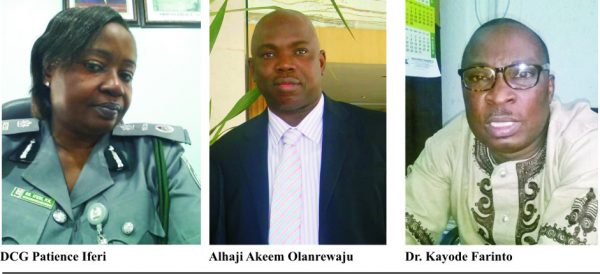Hub Port: Reality or Farce?
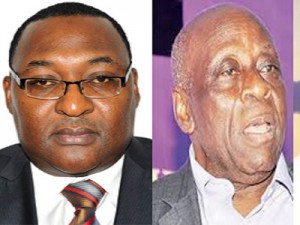
In West and Central Africa, the competition for hub status in the region is intensifying, nevertheless Nigeria continues to lag behind in the race to attain hub port status within the region.
There are several bureaucratic bottlenecks facing Nigerian ports and these ranges from numerous documentation processes, cost of operations, ease of doing business, poor cargo handling equipment, prolonged cargo dwell time, corruption, amongst other factors militating trade.
Speaking to MMS Plus on how to address the crucial issues to enable Nigeria attain hub port status in the West and Central African region, the Chairman of Nigerian Ports Consultative Council, Otunba Kunle Folarin explained that a port hub status is earned. He stressed that Nigeria has to work for it.
According to Otunba, there are certain pillars that have to be put in place before the nation attains the hub status within the region. One of these pillars is the productivity of terminals especially the workforce which must be able to meet global standards to attract international shipping. The cost of doing business in the ports which includes ports charges must be competitive and commiserate with the quality of service provided.
“There is also the issue of security; there must be maximum security for the entire maritime environment. The vessels, the crew, maritime infrastructure and other stakeholders in the system should be guaranteed a measure of maritime security which means safety for ports users and service providers to foster international shipping.
“Intermodalism is also one of the factors that will drive the industry. Linking railways to the ports and connecting aviation also should be the agenda so we can have the opportunity to increase productivity and move cargo from the ports without using a single mode of transportation. Long distance haulage should also be via the rail to ease vehicular movement of goods and people” he said.
Otunba asserted that these factors would have to be achieved in order to attract traffic and make Nigerian ports competitive and become a hub in the region.
However, the Executive Secretary of Nigerian Shippers’ Council, Mr. Hassan Bello recently stressed that Nigeria would not attain hub port status in the West and Central Africa region until it ensures full automation of cargo clearance through the single window platform.
“Nigeria can never be a hub unless we have efficient ports with full automation of cargo clearance via single window. We should also have ports operating 24 hours to ensure 48 hours cargo clearance”, Hassan said.
He said that the Nigeria Customs Service would have to partner with the Shippers’ Council to ensure the automation of cargo clearance procedures in order to facilitate trade, which would ensure more revenue is generated for the government.
According to the NSC boss, the corruption in the ports will be easily curbed when the ports become fully automated and technology utilized to limit human contact in all operations in the ports.
Hassan Bello also lamented that the port system was too complicated as there were too many stages of documentation which had the nation’s ports rank lowly in among the list of nations with ease of doing business.
“It is the shipper that decides where he takes his cargo and which port he uses. Most times he considers certain things and these includes; a port that is cheaper, one where he signs less documents, one where professionals handle his goods, the cost of operations, a port that guarantee swift cargo clearance, etc” Hassan said.
He wondered why over 50 signatures would be required to process a cargo in some ports and he noted that this shows that the process was bound to give rise corruption.
Another issue which negates efforts to make the nation attain hub port status is the rapid increase in piracy. Several attacks have been recorded recently which has resulted to increase in the ‘war risk insurance’ for foreign vessels coming into the nation.
The president of Nigerian Ship-owners Association (NISA), Alhaji Aminu Umar lamented the recent spate of pirates’ attacks on Nigerian waters and he called on the federal government to urgently take steps to tackle the situation which was giving the nation a bad image as a maritime nation.
He said that NISA had received notification from international insurance companies that the “extra war risk insurance” has increased as a result of the high level of sea pirates in the nation. He also disclosed that seafarers are no longer interested in coming to Nigeria.
These teething problems have to be addressed as soon as possible.
By Kenneth Jukpor



